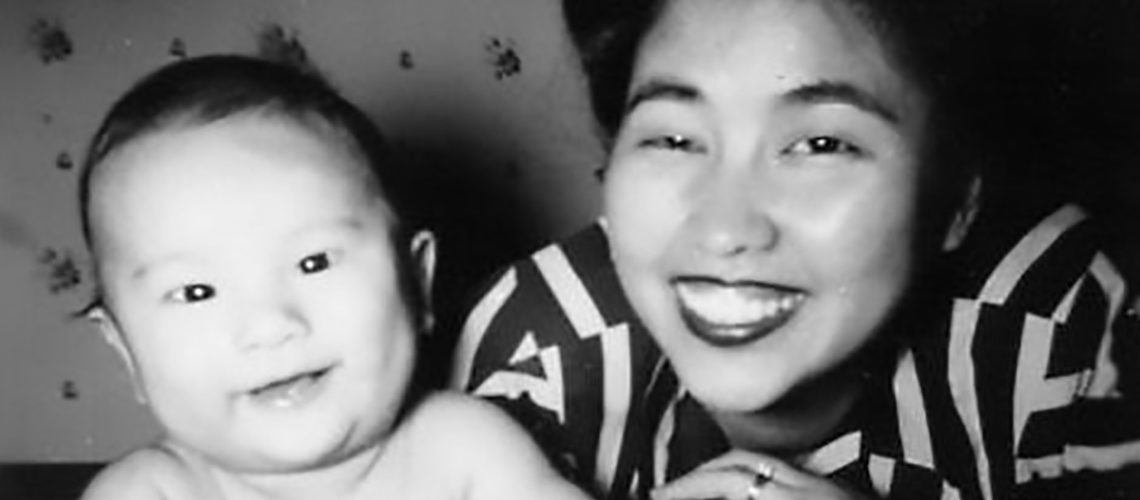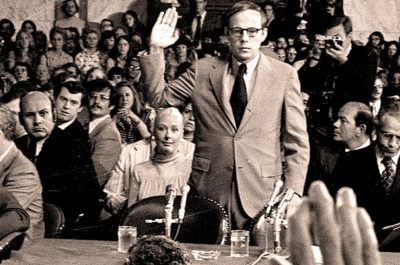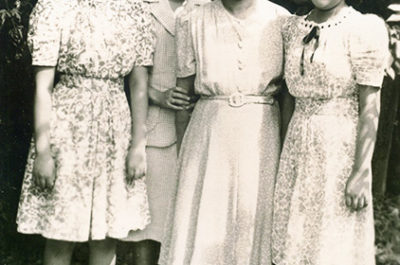When I was in junior high, my mother would occasionally confide in me about memories that must have bothered her. One day, she told me that when we lived in Kansas City and I was four years old, Steve and Carol, my little brother and sister, and I were all crying. We were making so much noise for so long that the neighbor lady came by to see if something bad had happened. My mother told me she was embarrassed that the neighbor came over, but she didn’t care that we were crying. She told the woman that she was letting us cry because she was tired of taking care of us.
Later, in high school, when my mother was the medical librarian in the city’s biggest hospital, she made another confession to me. She came home from work and said she’d just read an article in a medical journal about depression. She then cheerfully told me the article made her realize that she’d been clinically depressed for most of her life.
When Mom was in her eighties, she got a severe case of shingles, which caused her excruciating pain for years. Like her announcement about clinical depression, she just accepted this pain. When the doctors would ask her to rate her pain on scale of 1 to 10, she would always say 2, even though most of the time she was grimacing from the pain and couldn’t even sit up. Like Mom’s cheerful announcement about being depressed, she seemed resigned to the pain. Her attitude was like the one the Japanese express in the phrase, shikata ga nai: “nothing can be done about it.”
Constant pain causes the brain to deteriorate, and Mom developed dementia. For the last years of her life, she stopped talking. Then, like many dementia patients, she got pneumonia which couldn’t be treated, and we had to put her into hospice care in the hospital.
When people are dying, there is a brief moment before the final decline when they seem to rally and become hyper-aware of their surroundings. I didn’t know that at that time. The day before Mom died, I stopped by to see her, and she looked radiant. I had wanted to say goodbye to her that afternoon, but I couldn’t because she looked so good and seemed so happy. So I told her that I loved her and would see her tomorrow. The next day, she went into a coma, and she passed away that evening without regaining consciousness.
When you have a mother who is emotionally absent for most of your life, I think you just accept it as being normal. You don’t fully realize something is wrong, and even if you did, you’d have no idea what to do about it. Looking back, I can see that my mother hoped that even though I was a child, I would be the adult who would understand her and fix her life. But I couldn’t do that.
Now that Mom is gone, I realize that for much of my life, I already knew what it feels like to lose your mother.



